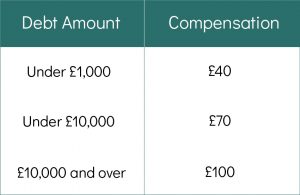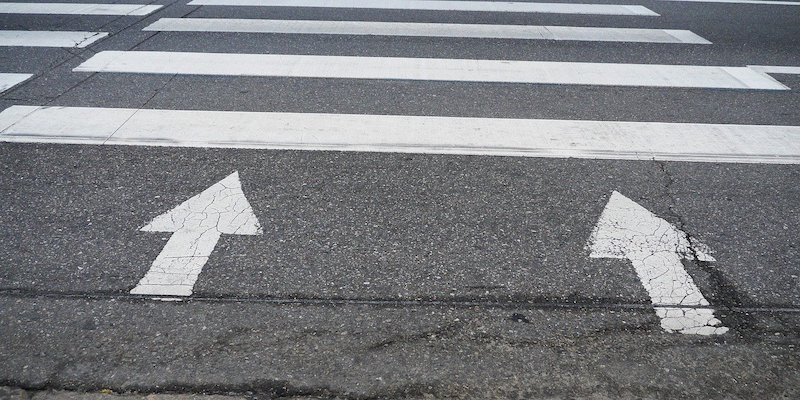If you have provided goods or services to a customer and have not received payment in return, this will undoubtedly be a difficult time. This is especially true in today’s difficult economic climate.
Whether your debtor is unable or refuses to pay what they owe, it is important to understand that you do have options available to recoup what is rightfully yours. This may seem like a daunting task to complete by yourself, but luckily help is at hand.
What are My Options?

When faced with the need to act on recovering outstanding debt, choosing the best course of action can depend on a number of things:
- The size of the debt
- If the debt is disputed
- Your attitude towards the debt
- How much recovery will cost
- How long debt recovery proceedings will take
Once you have weighed up all of these factors, the next step is to choose which path you want to take. The first is to use the Government’s Money Claim Online service if your debt is under £100,000. This can sometimes be quite difficult to navigate, so you may want to look at alternative methods to save you time and stress.
Another potential avenue is using a debt recovery agency. While they will look after the process on your behalf, it is important to understand that they do not possess any more legal power than you to enforce action. They will also likely take a large percentage of what they recover as a fee.
The final option is to consult a specialist solicitor. They can offer you in-depth guidance and much-needed support right the way through your claim.
Assessing Your Claim

If you decide to use a specialist debt recovery solicitor, their first task will be to carry out an in-depth assessment of your claim. They will thoroughly review your documentation and assess whether it is worth pursuing further action. Should the debt be disputed, the solicitor will also look into the merits of your case to see if it is valid.
For debt recovery proceedings to be formally initiated, you must take action within six years of the date of your invoice. This timescale is reset if you have received an acknowledgement of debt from the other party.
Issuing of Letters

The next step in debt recovery proceedings is to send a formal letter to the other party, which your solicitor will do on your behalf. These letters will inform your debtor that they may face legal action if they do not pay what they owe.
Sending out a letter is important for a number of ways. Firstly, a Court will take the view that litigation should only be a last resort and will therefore encourage you to try to resolve the issue amicably whenever possible.
Receiving a letter threatening legal action may also prompt a response from the debtor and they may even decide to pay a proportion of what they owe, or even settle up completely. Obtaining a response, even if it is disputing the validity of the debt, will also give you an opportunity to strengthen your case if you decide to pursue it further.
There are two types of letters you can send, which are:
Letter Before Action
Your solicitor will send out a formal letter warning that court action will be taken if the debt is not settled within seven days. This will in most cases prompt the other party into making a payment, however if they fail to do so, it at least means you are free to continue with debt recovery proceedings knowing that you have done everything you can to resolve the matter.
Late Payment Demand
Unlike the letter before action, a late payment demand will enable you to claim interest, compensation and reasonable debt recovery costs. This is only if both parties were acting in the course of business. The total amount of compensation you can claim is dependent on the size of your debt.

Start Court Proceedings

If sending a letter has been unsuccessful, the next stage of debt recovery proceedings is to initiate Court action. Your solicitor will do this by sending a claims form and details of the situation to the Court.
The Court will then issue a claim number, at which point the documents will be served to the debtor. They will then be given 14 days to respond.
If the Debtor Defends the Claim
Should the debtor respond and indicate they wish to defend the claim, they will be given a further 14 days to compile their evidence. Both parties will then be required to fill in a directions questionnaire, which details information such as how long you expect the case to take and the witnesses you intend to call.
Once this has been completed, the Court will then set a timetable for the next steps you should follow, which includes providing witness and expert evidence, alongside disclosing relevant documentation. A request can also be made to postpone proceedings for one month to try and negotiate a solution – but only if both parties agree to this.
If no accord has been reached, or if the parties did not agree to the postponement, the case will go to a final hearing. At this point, it will solely be down to a judge to analyse the case and make their judgment – which can include costs and interest.
If the Debtor Fails to Respond
In cases where the debtor does not respond within the 14-day timeframe, a judgement can still be made against them via a County Court Judgement (CCJ). This can be for the full amount of the debt, plus costs and interest.
A CCJ will also be added to the debtor’s credit file, which could have a detrimental effect if they wish to borrow money in the future. This may prompt them to settle up as quickly as they can.
If the debtor still refuses to pay, a CCJ can be enforced in a number of ways:
- The debtor could be forced to attend Court to give evidence of what they can pay
- If they are a business, a representative will be required to give evidence to a Court regarding the company’s accounts
- Money in the debtor’s bank account(s) can be frozen while a Court decides if any of this can be used to satisfy the debt
- Bailiffs can be instructed to recover the debt
- If the debtor is a business, you can request a winding up petition, which will sell their assets to pay you and any other creditors
The Importance of Negotiation

As mentioned earlier, a Court will expect you to have explored all forms of communication to try and come to an agreement before you initiate formal debt recovery proceedings. On top of this, the procedure can be quite lengthy – meaning you will have to take time out from your personal life and business. If you are required to call witnesses, they will also be expected to take time out of their lives to attend Court and help with your case.
Because of these factors, it is important that you try to come to an amicable resolution as soon as possible. If you are unable to, you must be prepared for the cost and effort that starting debt recovery proceedings will entail.
Choosing the Right Solicitor

Because debt recovery proceedings can be complicated at times, it is essential that you seek the advice of a specialist solicitor. Not only will they be able to assess the merits of your claim, but they will also provide important guidance right the way through the process.
This is where Shams Williams can help. Our specialist team of debt recovery solicitors have amassed a vast level of experience in assisting businesses large and small recover the money they are owed.
We are dedicated to providing our clients with the highest level of service and are proud of our ability to create lasting relationships. Initiating debt recovery proceedings can be stressful, but working with us will give you complete peace of mind that everything is being taken care of.






